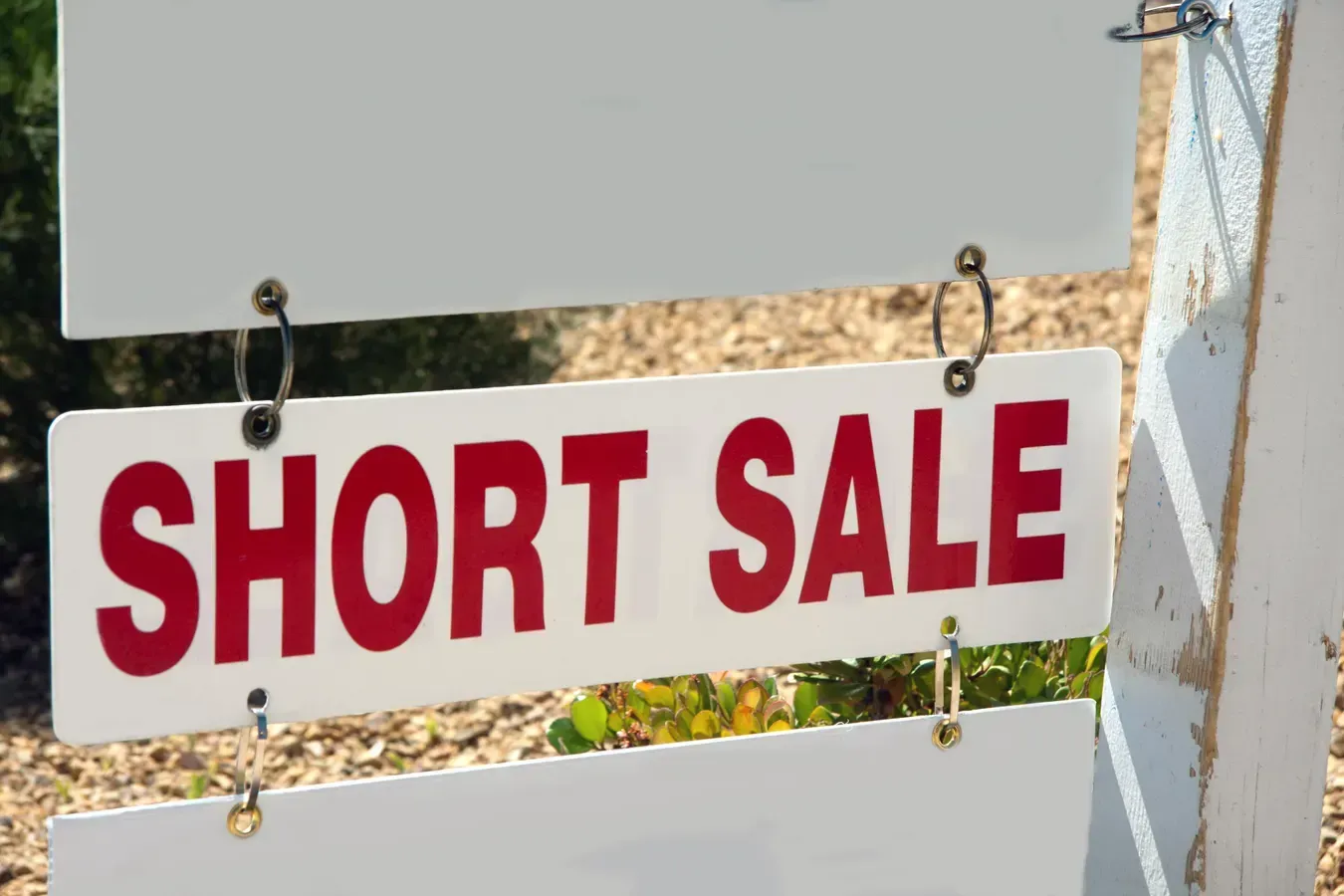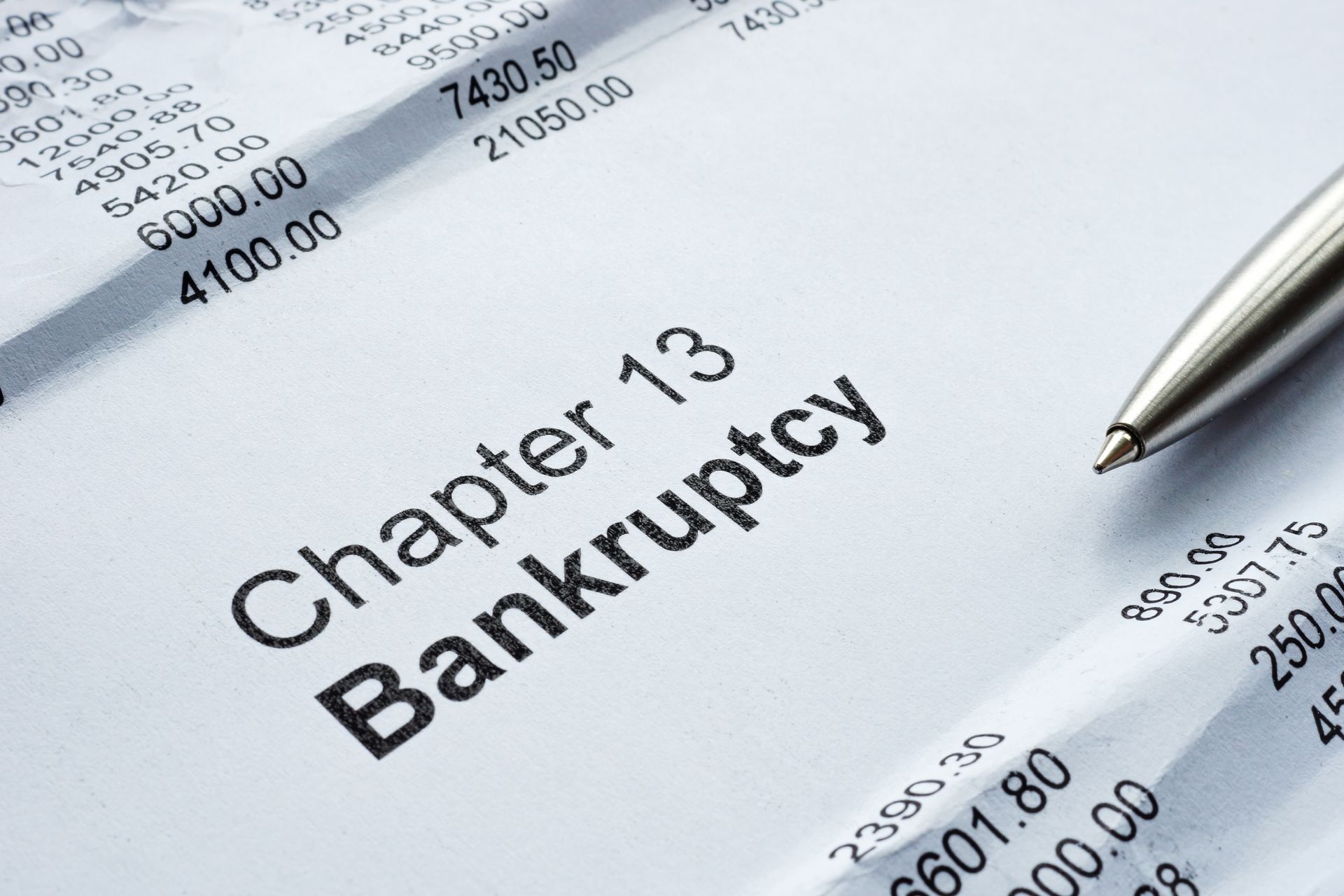Are Short Sale Homes Good to Buy? A Complete Buyer’s Guide
Are Short Sale Homes Good to Buy?

If you're house hunting on a budget or looking for a deal, you may have come across short sale listings. But are short sale homes good to buy? The answer depends on your financial situation, patience, and ability to navigate a more complex buying process. While short sales often offer below-market prices, they also come with longer wait times and potential repair costs.
In this guide, we’ll explore the advantages and risks of buying a short sale home, what to expect, and how to determine whether it's the right investment for you.
What is a Short Sale?
A short sale occurs when a homeowner sells their property for less than the remaining mortgage balance. The lender agrees to the sale to avoid foreclosure, but they must approve the final price and terms.
Short sales typically happen when homeowners are underwater on their mortgage, meaning they owe more than the home is worth. While it sounds like a great opportunity for buyers, it’s essential to understand the process and challenges involved.
The Pros of Buying a Short Sale Home
While short sales require patience and expertise, they offer several key benefits:
1. Potential for a Lower Purchase Price
One of the biggest perks of a short sale is the opportunity to buy below market value. Lenders are motivated to sell quickly and recover as much as possible, making them open to reasonable offers.
2. Less Competition Than Foreclosures
Unlike bank-owned foreclosures, short sales attract fewer investors and cash buyers. This can give you an edge if you’re financing with a mortgage.
3. Less Property Damage Than Foreclosures
Unlike foreclosures, where homeowners may abandon or damage the home, short sales typically involve occupied homes in better condition. Sellers often still maintain the property while awaiting approval.
4. Possible Negotiation Leverage
Because the homeowner wants to avoid foreclosure, they may be willing to cover some repair costs or negotiate other terms to facilitate the sale.
The Cons of Buying a Short Sale Home
Before jumping in, it’s important to be aware of the potential downsides:
1. Lengthy Approval Process
Short sales aren’t short—they can take several months or even a year for lender approval. Banks review multiple offers, conduct their own valuation, and ensure the sale meets their financial interests.
2. Home Sold “As-Is”
Most short sales are sold in their current condition, meaning the lender won’t pay for repairs or improvements. Buyers should be prepared for potential issues like outdated systems, needed repairs, or deferred maintenance.
3. Uncertain Closing Timeline
Unlike a traditional sale, where you can close within 30-60 days, a short sale can be unpredictable. If you’re on a tight timeline, this may not be the right choice.
4. Higher Risk of Deal Falling Through
Even after waiting months for lender approval, there’s no guarantee the sale will go through. The bank may reject the offer, counter with a higher price, or even foreclose on the home before closing.
How to Buy a Short Sale Home Successfully
If you're ready to take on a short sale, here are some key steps to improve your chances of success:
1. Work with an Experienced Short Sale Agent
Not all real estate agents are familiar with the complexities of short sales. A knowledgeable short sale agent can help you navigate the process, submit the right paperwork, and negotiate effectively with the lender.
2. Get Pre-Approved for a Mortgage
Sellers and lenders prefer buyers who have pre-approved financing. This demonstrates you’re serious and financially capable of closing.
3. Be Patient and Flexible
Since the approval process can take months, make sure you’re not in a rush to move. Having flexible timing increases your chances of successfully securing a short sale property.
4. Conduct a Thorough Home Inspection
Even though short sales are sold “as-is,” you should still get a home inspection. This helps you identify potential issues and estimate the repair costs before committing.
5. Understand the Lender’s Role
In a short sale, the lender has the final say—not the homeowner. Even if the seller accepts your offer, the bank may counter with a higher price or reject certain terms.
6. Submit a Competitive Offer
While short sales offer discounted prices, lenders won’t accept lowball offers. Your agent can help you submit a realistic, well-supported offer based on market value and comparable sales.
Are Short Sale Homes a Good Investment?
The answer depends on your goals:
✅ YES, if:
- You’re looking for a discounted home in a competitive market.
- You have patience and can wait for lender approval.
- You’re comfortable with minor repairs or renovations.
- You’re working with an experienced short sale agent.
❌ NO, if:
- You need a home immediately.
- You’re not prepared for potential repair costs.
- You don’t want to deal with unpredictable approval timelines.
FAQs About Buying a Short Sale Home
1. How long does it take to buy a short sale home?
It can take anywhere from 30 days to 6+ months for lender approval, plus additional time for closing.
2. Can I get a mortgage on a short sale property?
Yes! Many buyers finance short sales with a mortgage, but having pre-approval strengthens your offer.
3. Do short sales always sell below market value?
Not always. While they are often priced lower than traditional homes, the lender may counter with a higher price based on market conditions.
4. Can I negotiate repairs on a short sale?
Most short sales are sold as-is, meaning the lender won’t cover repairs. However, you can still request a lower price based on inspection findings.
5. Are short sale homes better than foreclosures?
Short sales are typically in better condition than foreclosures and involve less competition, but they also take longer to process.
Is a Short Sale Right for You?
Short sales can be a great opportunity for buyers willing to wait through a long approval process in exchange for a below-market deal. However, they require patience, flexibility, and due diligence.
If you're considering a short sale, work with an experienced real estate agent, get pre-approved, and be prepared for an extended timeline. With the right strategy, a short sale can be an excellent investment in your future home or rental property.










